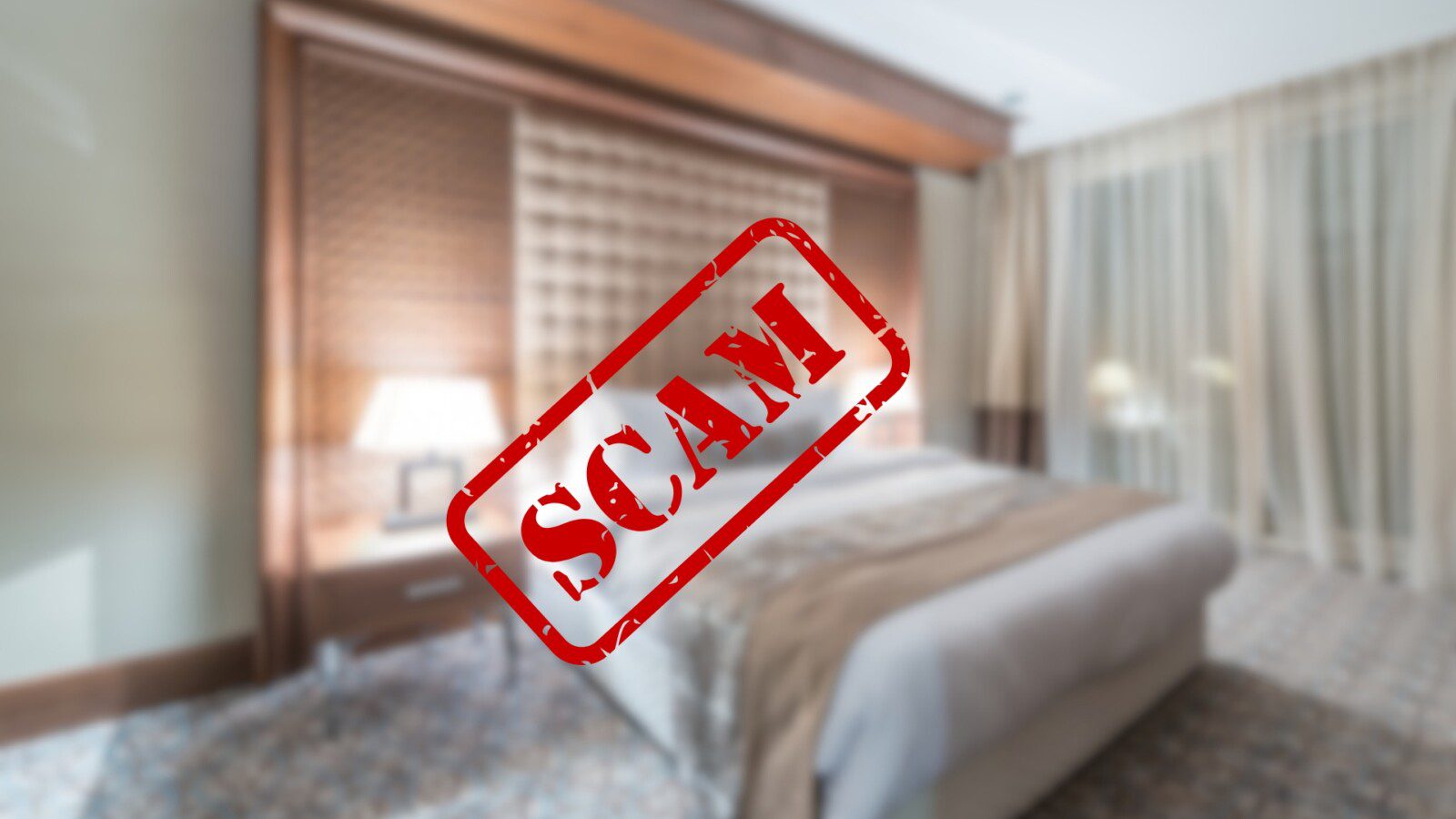Short-term rentals open doors to brilliant stays across Australia. They also attract a small number of bad actors. The good news is that most scams are easy to spot once you know the patterns. This guide explains the warning signs, gives step-by-step Airbnb safety tips, and shows both guests and hosts how to act quickly if something looks off. It is written for travellers and property owners who want a calm, scam-free Airbnb experience.
Before we dive in, the most common scam tactics to watch for
Scammers rely on pressure, confusion, or secrecy. If you notice any of the red flags below, stop and verify before you proceed. These tactics affect both guests and hosts.
- Requests to move off-platform. A host or guest asks to switch to SMS, WhatsApp, or private email. Moving conversations off Airbnb removes platform protections such as verified profiles, payment security, and case support. Decline and keep all messages inside the app.
- Urgency and countdowns. You are told an incredible deal expires in minutes. Scammers want you to rush without checking details. Take your time, compare listings, and verify dates.
- Suspicious payment requests. Anyone asking for bank transfers, gift cards, or crypto is bypassing secure payment flows. Payments should be handled by Airbnb or a licensed manager.
- Inconsistent listing or profile information. Copied photos, mismatched names, or vague descriptions often indicate a fake Airbnb listing or a throwaway account. Reverse-image search and ask precise questions.
These patterns are classic across common Airbnb frauds. Treat them as your built-in scam warning signs.
For guests: spotting and handling Airbnb scams
Common scam warning signs and how to respond
- No reviews or obviously fake reviews. Search a few photo frames and key sentences to see if they appear elsewhere online. If the listing feels recycled, walk away.
- Requests to pay off-platform. Politely decline and report directly inside the app. Do not send a bond or “deposit” via transfer. Airbnb will never ask you to pay by gift card.
- Unusually low prices. Compare with similar properties in the same suburb. If it undercuts the market by a mile, assume it is too good to be true.
- Host avoids basic questions. Ask for a short virtual tour, a photo of a unique detail, or confirmation of amenities such as parking or laundry. Escalate if you get evasive answers.
- Unverified host or mismatched details. Book with trusted Airbnb hosts who have verified ID and consistent profiles. If details do not line up, choose another place.
Guest tips for a scam-free stay
- Always book and communicate within the Airbnb platform. This keeps your trip protected.
- Read recent reviews and check the host’s response time. Patterns of silence are a clue.
- Confirm the exact address and key amenities before you travel. Use Maps to sanity-check the location.
- Book early during peak seasons. Rushed, last-minute decisions are how many holiday rental scams win. If plans change, learn how to manage changes the right way with our guide to handling last-minute cancellations.
For hosts: avoiding guest scams and protecting your property
Guest scam warning signs and how to stay protected
- “Direct booking” requests or pushy discount demands. Decline and keep all bookings through legitimate channels. Report the request.
- Incomplete guest profiles or missing photo ID. Ask for further verification. If you are not comfortable, reject the booking.
- A pattern of last-minute bookings and cancellations. Review the guest’s history and set clear cancellation policies. L’Abode’s guide to resolving tenant disputes explains how to de-escalate when issues arise.
- Avoidance of bond or security deposits. Use valid credit card holds via Airbnb or a licensed property manager. Never accept cash bonds.
- Phishing emails that mimic Airbnb. Check sender domains carefully and never click suspicious links. Access your account by typing airbnb.com.au directly, not via an email button.
Protective measures for hosts
- Use secure payment flows and, where applicable, real estate trust accounts for booking funds.
- Screen all guests via Airbnb’s verification tools. Do not rely on screenshots or PDFs.
- Document property condition before and after each booking, including time-stamped photos.
- Turn on two-factor authentication and consider a trusted property manager to add oversight.
Think you have been scammed? Act immediately
Take these steps right away. Speed helps support teams trace activity and protect your money.
- Contact Airbnb Support through the app or website. Open a case and provide the listing or reservation code. This creates an official record and triggers fraud checks.
- Gather your records. Save message threads, screenshots, receipts, and any off-platform communications. Centralise them in one file so you can upload quickly.
- Report locally in Australia. Lodge a report with Scamwatch and the Australian Cybercrime Reporting Network (ACORN). These bodies track short-term rental fraud patterns and work with platforms to stop repeat offenders.
For extra reading, see Airbnb’s official help on avoiding scams, which explains platform protections and how to report suspicious behaviour.
Still worried about Airbnb scams? Get stress-free property management with L’Abode Accommodation
If you are a property owner or landlord, professional management removes most of the admin and almost all of the risk. L’Abode screens guests, validates identities, and places booking funds into a real estate trust account. Each booking includes a valid credit card holding deposit for bonds and incidentals. Explore our services at What L’Abode offers and Airbnb property management, or learn more about why L’Abode Property Management is trusted across Australia.





